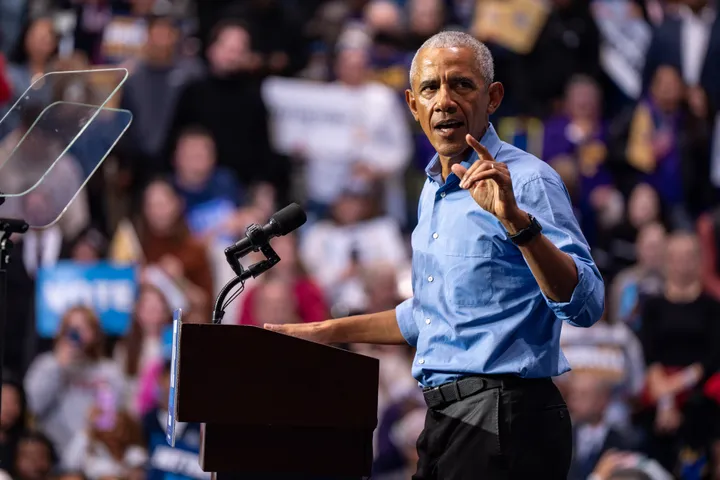Leaders of the world’s largest industrialised nations are set to gather in Germany on June 26 and 27. The US, Canada, France, Germany, Italy, Japan, and the UK will discuss, among other issues, the war in Ukraine and ways to stabilise energy markets in light of weaning dependence on Russian gas.
The event, scheduled to begin on Sunday at Schloss Elmau in the Bavarian Alps, will kick off with a bilateral meeting between US President Joe Biden and the German Chancellor Olaf Scholz. Ukraine’s President Volodymyr Zelenskyy is also expected to address the meeting remotely.
South Africa, India, Senegal and Indonesia were also invited to attend the summit as guest countries. EU Commission President Ursula von Der Leyen and European Council President Charles Michel are also expected to attend.
Upcoming NATO summit
The G7 gathering comes ahead of a key summit of NATO allies scheduled to take place in Madrid next week. The latter is expected to set the transatlantic alliance’s strategy for the next ten years, as members will be asked to endorse a new “strategic concept” – a document outlining NATO’s mission, which was last updated in 2010. For the first time, the NATO summit will include leaders from the Asia-Pacific region, including Japan, South Korea, New Zealand and Australia.
Global energy markets and climate promises
The cost of energy has soared since Russia’s war in Ukraine began in February. The US has banned Russian energy imports and is backing EU efforts to curb its own dependence on the country’s oil and gas. As high commodity prices are currently taking a toll on the global economy, European consumers are facing a loss of purchasing power unseen since the oil shocks of the 1970s amid high inflation.
Earlier this year, G7 countries committed to phasing out unabated coal power by 2035. But gas shortages and alarm over energy reserves ahead of the winter months are prompting some countries to re-think their energy supplies. Austria, Germany, Italy and the Netherlands have announced plans this week to re-start old coal plants.
Environmental groups have warned against resurrecting reliance on coal – the most polluting of all fossil fuels – to deal with the crisis, and say it is a missed opportunity to instead focus on a just transition towards clean energy.
The global hunger crisis
G7 leaders are also set to discuss the global food crisis triggered by the war, which has hit hardest some of the world’s most vulnerable countries.
Russia and Ukraine export nearly a third of the world’s wheat and barley, and more than 70 percent of its sunflower oil. Some 20 million tonnes of Ukrainian grain are currently trapped in Ukraine due to a Russian blockade on its ports, and are unable to get to North Africa, the Middle East and some parts of Asia. The G7 is expected to discuss record food prices as well as aid for hard-hit countries.
Sanctions on Russia, Ukraine reconstruction
Leaders at the summit in Germany are also set to consider further sanctions on Russia. It remains to be seen whether such sanctions can be applied without triggering further inflationary pressures. Other solutions that have been discussed include an Italian proposal for oil consumers to form a cartel with the goal of capping oil prices.
German Chancellor Olaf Scholz told reporters on Wednesday the G7 would discuss a proposal for a “Marshall Plan for Ukraine”, based on reconstruction efforts that took place at the end of World War II to reinvigorate Europe’s economies.






















